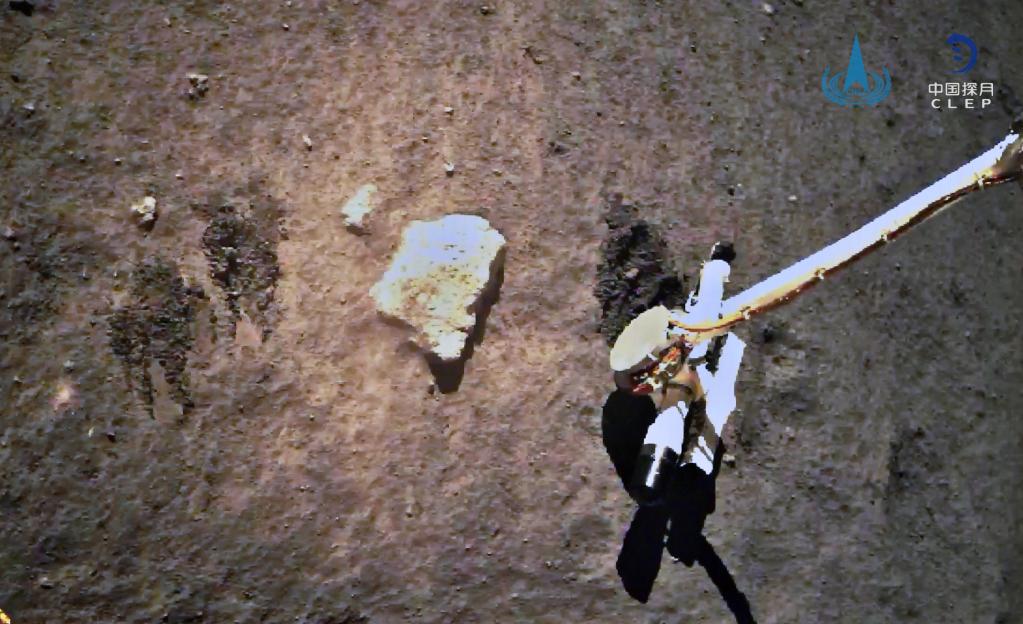US the blocker of space cooperation with China: China Daily editorial


Responding to media inquiries about United States Ambassador to China Nicholas Burns' recent claim that Beijing has no plan to cooperate with the US in lunar exploration, a spokesperson for the China National Space Administration denied the allegation, stating the real obstacle is the barriers Washington has erected.
Burns' comment stemmed from a US complaint that the Chinese space agency has refused to give NASA access to the lunar soil China's Chang'e 5 space mission brought back from the moon in 2020.The Chinese mission collected and brought home 1,731 grams of moon soil, and in a goodwill gesture to facilitate international collaboration, the Chinese space authorities offered to share the soil samples with interested international scientific institutions. Beginning October, interested parties could submit an application to obtain some of the soil.
The US National Aeronautics and Space Administration also wants access to the soil for research purposes, because the site where the soil was collected may provide information of special scientific significance. Specifically, scientists believe the Chang'e 5 lunar sample may shed light on the late history of volcanic activities on the moon. Unlike its international peers, however, NASA faces a unique obstacle put in place by its own government, which prohibits it from collaborating with its Chinese counterpart.
As the CNSA official pointed out, it is the so-called Wolf Amendment, rather than Chinese reluctance, that prevents NASA-funded research having access to Chinese lunar samples. The Wolf Amendment was passed by the US Congress in 2011 and prohibits NASA-funded research in direct, bilateral cooperation with the Chinese government and China-affiliated organizations unless approved by the Federal Bureau of Investigation and Congress. The legislation derived from a 1999 report, which claimed technical information provided by US commercial satellite manufacturers to China involving satellite launches may have been used to improve Chinese intercontinental ballistic missile technology. Subsequently, the Barack Obama administration began to put in place more rigid restrictions on technological exchanges with China.
It is one thing whether or not the FBI and US Congress allow NASA to engage in some form and degree of collaboration with Chinese counterparts; it is another how the two sides approach such exchanges. As the CNSA spokesperson said, it has always been Washington that opposes bilateral space cooperation. Beijing, for its part, has always been open to such exchanges and made repeated attempts to sustain interagency cooperation. Instead of accusing China, Washington should remove the artificial barricade created by the Wolf Amendment.
While Washington insists it would cooperate with China where it thinks possible and when it serves the US' interests, Beijing prefers a generally constructive atmosphere where the Cold War mentality of the Wolf Amendment has no place.


































